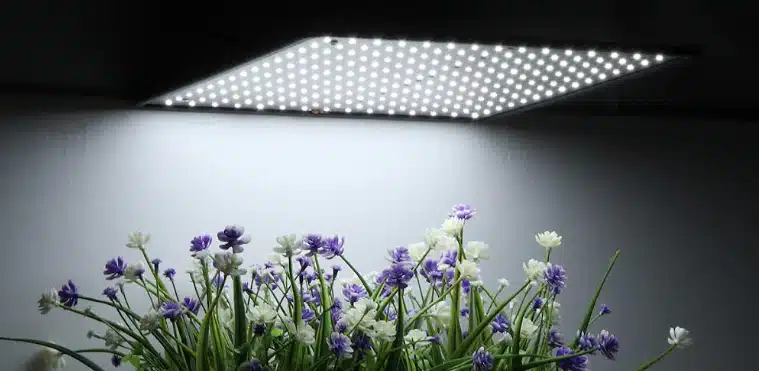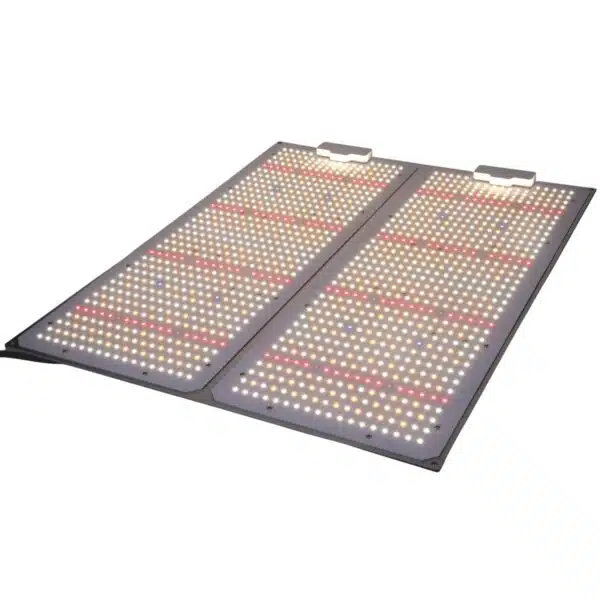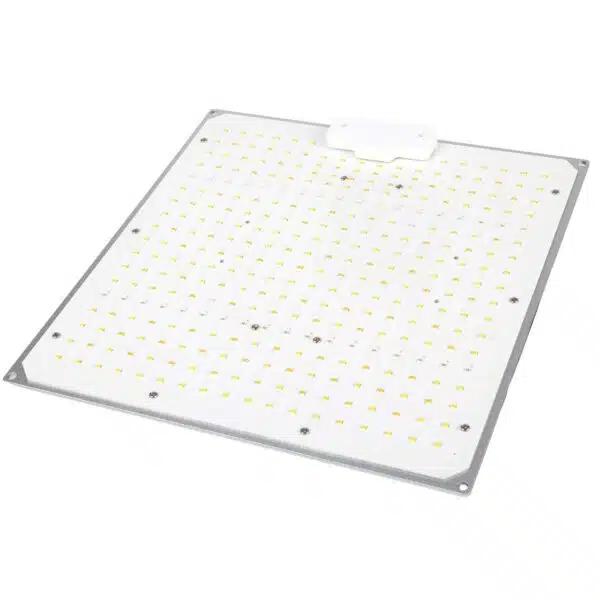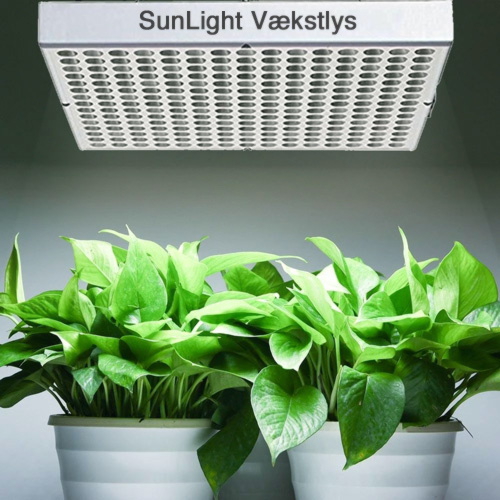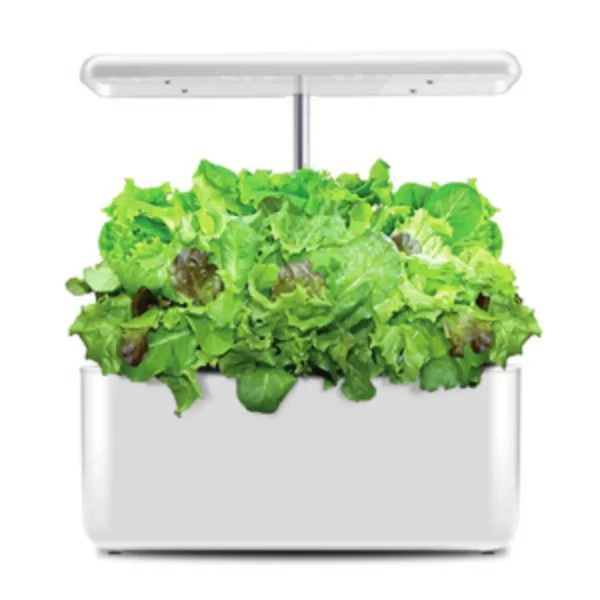If you're new to plants and horticulture, you may have come across the term 'grow light‘. Men hvad er det, og hvordan bruger man det korrekt til at dyrke planter?
I denne artikel vil vi give en nem introduktion, de forskellige typer grolys, som LED, pærer og lysstofrør, samt hvor du kan købe dem, som i IKEA og Bauhause eller på nettet hos en specialist som plantelys.dk.
Table of contents
ToggleWhat is Grolys?
Grolys er en type kunstig lyskilde, der er designet til at fremme planters vækst. De fungerer ved at udstråle elektromagnetiske spektre, der er egnet til fotosyntese, hvilket gør det muligt for planterne at vokse uden naturligt sollys.
Grow lights are ideal for growing plants indoors, from succulents to kitchen spices.
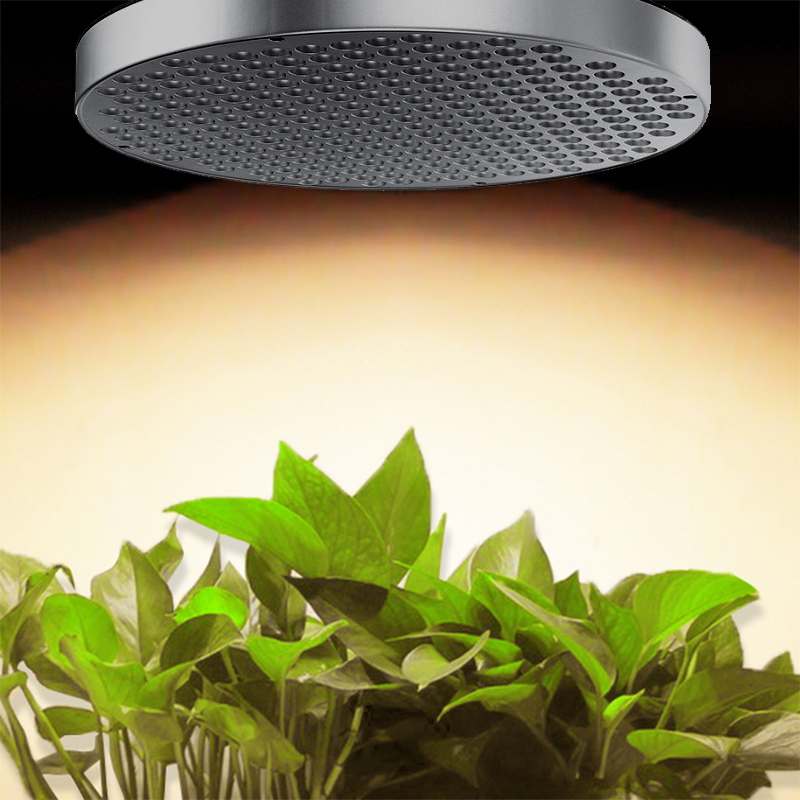
Types of Grolys
LEDs: LED grolys er en af de mest populære typer på grund af deres effektivitet og holdbarhed. De bruger mindre energi, genererer mindre varme og har en længere levetid end traditionelle lyskilder.
Pærer: This is the most common and cheapest type of grow light. They come in different wattages and can be mounted in a standard lamp socket (E27/E14/GU10), which makes them very easy to use.
Lysstofrør: Fluorescent tubes are an elongated light source which has the advantage that they can cover a relatively large area without requiring a lot of space, for example they are good as lighting in bookcases. They are good at sprout and growing seedlings as well as making plants such as lettuce and herbs.
Lamper: These are some of the most energy efficient and durable plant lighting products on the market. Usually come in larger effects from 40Watt to 1000Watt versions, and are the most efficient and cheapest light source you can choose for your plants.
They are suitable for illuminating larger areas with large plants, for example if you have plants that need to be stored for the winter, these usually require a relatively large amount of light to survive the winter.
| Type | General use | Advantage | Disadvantages |
|---|---|---|---|
| LED Grow Light | Home indoor gardens, commercial greenhouses | High efficiency, long lifespan, low heat generation, energy saving, customisable to specific plant types | Higher initial cost, requires careful planning for optimal performance |
| Grolys Bulbs | Small indoor plant projects to complement natural light | Easy to install and use, fits in standard lampholders, economical | Less energy efficient than LED, produces more heat |
| Grolys Fluorescent tube | Seed starting, small indoor gardens, as a supplement to other light sources | Lower cost than LED, good for flat planting areas, relatively low heat | Less efficient than LED, requires replacement more often |
| Grolys Lamps | Variable, depending on the type of lamp (can include LED, fluorescent, etc.) | Specifically designed for plant cultivation, can be highly customisable | Varies greatly depending on the type; some can be expensive and less energy efficient |
How to choose the right Grolys?
At vælge den rigtige lys til dine planter afhænger af dine specifikke planters behov. Du skal overveje plantens type (lysbehov), størrelsen på det område, der skal belyses, samt dit budget.
For eksempel, hvis du har mange planter eller et stort område at belyse, vil du sandsynligvis få mest ud af en LED grow light lampe. Hvis du derimod kun har nogle få planter, eller hvis du kun lige er begyndt at dyrke planter indendørs, kan en grolys led pære eller lysstofrør lampe være en mere overkommelig løsning.
As a beginner, it can be difficult to keep track of all the products that are available, so you may benefit from contacting a plant specialist such as plantelys.dk.
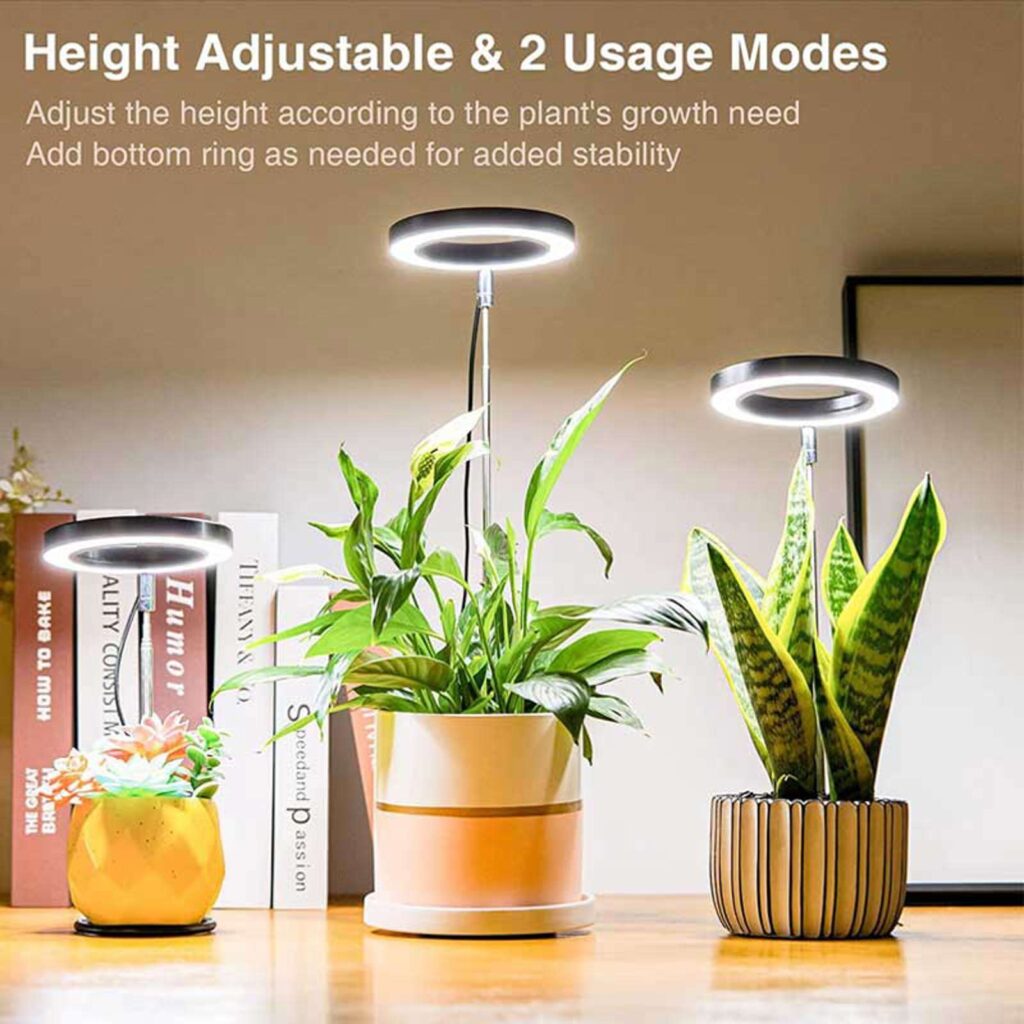
Where can you buy Grolys?
There are many places where you can buy grow lights, both in physical stores and online. IKEA, Bauhaus, plantorama, harald nyborg all have a small selection of lights for plants.
Øf you want quality products and professional guidance, you can't go wrong with Plantelys.dk which offers all sorts of different types of grow lights.
Each of those mentioned has their own unique offerings, so it's worth comparing prices and reading product reviews before making your decision.
Growing plants indoors using artificial light can be a rewarding and fun hobby. It also allows you to enjoy fresh herbs, vegetables and flowers all year round, regardless of the weather outside.
Enjoy!
-
- Out of Stock
SunLight Quantum board - LED grow light 400Watt dimmer
- kr. 3.500,00
- Read more
Item no.: 26080 -
-
SunLight Quantum board - LED grow light 100Watt dimmer
- kr. 780,00
- Add to basket
Item no.: 26078 -
- Sale!
Grow light LED pendant light 60° full spectrum white light SL250W
-
kr. 425,00Original price was: kr. 425,00.kr. 399,00Current price is: kr. 399,00. - Add to basket
Item no.: 26030 -
Indoor vegetable garden w/soil w/full spectrum grow light 20W LED
- kr. 949,00
- Add to basket
Item no.: 28011
FAQ - Frequently Asked Questions
The "best" grow light depends on your specific needs, including plant type, growing area and budget. In general, LED grow lights are considered the best choice for most growing environments due to their energy efficiency, long lifespan, and ability to adapt the light spectrum to the plant's growth stages. They offer a balance between cost-effectiveness and optimal plant growth, making them a preferred solution for both hobbyists and professional growers.
Plants grow best in light that mimics the full spectrum of the sun, with a mix of blue and red wavelengths. Blue light promotes leaf and stem growth, while red light helps with flowering and fruiting. LED grow lights are particularly effective as they can be customised to deliver the exact light spectrum plants need for different growth stages, making them ideal for optimising plant growth and health.
The power consumption of grow lights depends on the type and wattage.
LED grow lights are often the most energy efficient, using around 20-50 watts per square metre. Remember, total power usage will increase with the number of lights and hours they are switched on daily.
Place the grow lights close above your plants. Typically between 30 to 60 cm apart. Make sure they are switched on for 12 to 18 hours a day to mimic natural sunlight.
Adjust the height as the plants grow to avoid damage.


